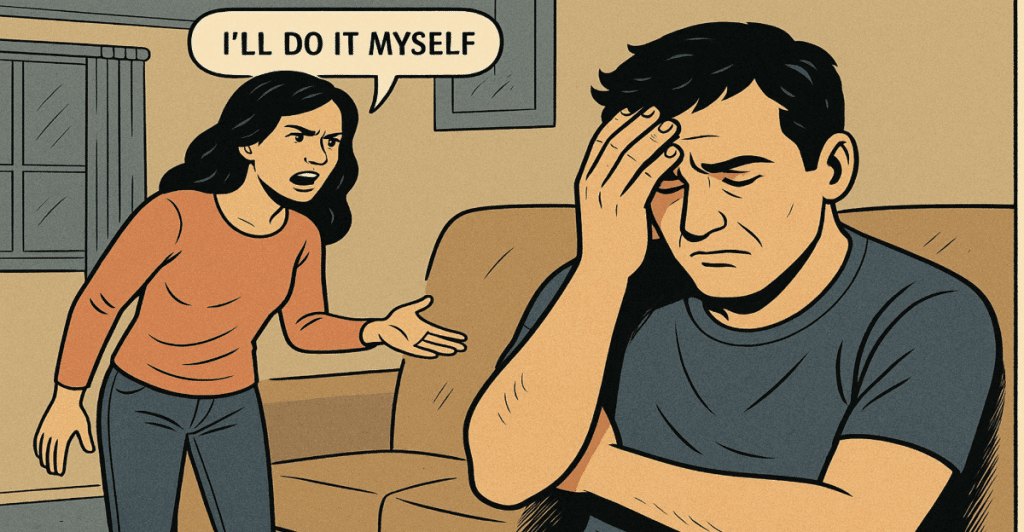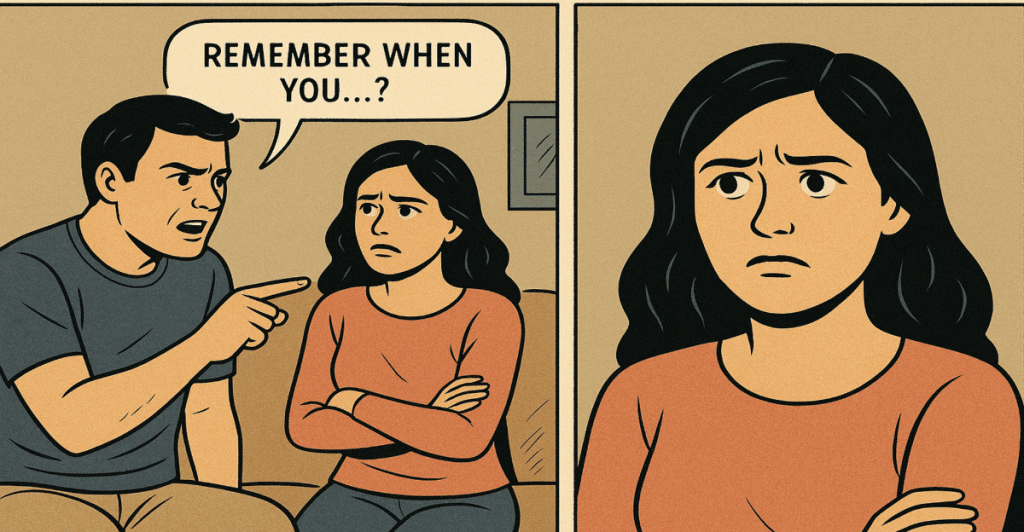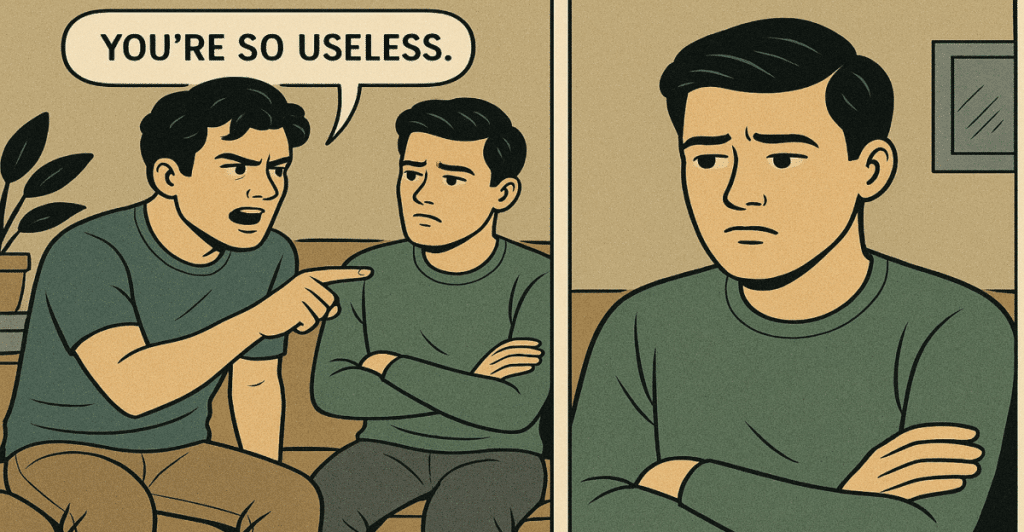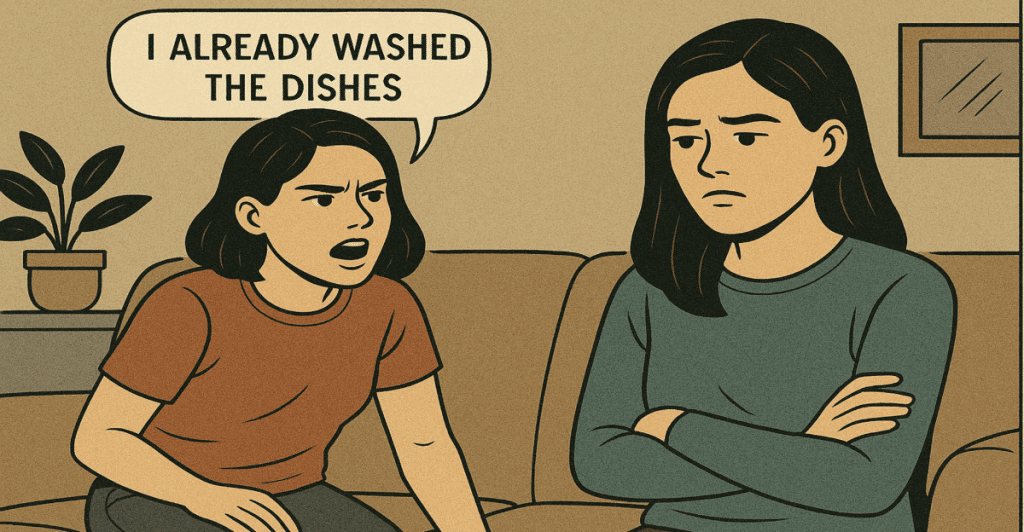
Fictional romances and pop culture lied to us. There is nothing romantic about toxicity and unnecessary drama in relationships. True healthy and loving relationships–while imperfect–must help facilitate our healing and always works towards growth and peace.
If you’re tired of your relationships always turning sour or feeling like you’re trapped in the same cycles over and over, it might be time to evaluate not just who you’re dating, but also how you’re dating. Some behaviors are so normalized in society that we don’t even realize they’re harmful until the relationship is already falling apart. Here are some toxic dating habits you need to ditch if you want your next relationship to work.
Possessiveness and Jealousy

It’s valid to want to feel secure in your relationship, and wanting to feel like you truly belong to the one you love and that they’re also exclusive to you. However, what’s not valid is crossing the line into ownership. Your partner is not your property, and vice versa. Healthy love is built on trust, not surveillance. If you’re constantly checking who they follow, where they go, or who they’re texting, or if you’re starting to become jealous of people around them for no logical reason, ask yourself: Is this really about love, or is it about control? Jealousy is a signal, not a strategy. Learn to listen to it without letting it drive your actions.
Being Controlling

Controlling behavior is always coming from a place of fear. Why? Because fear convinces us that if we don’t manage every detail, we’ll be abandoned or betrayed. But the irony is, the more you try to control your partner, the more you push them away. Control is not the same thing as care. Real intimacy is not about micromanaging what your partner wears, who they talk to, or how they spend their time; it’s about trusting them enough to be their full selves while still choosing each other.
Invalidating

If your partner tells you something that makes them feel vulnerable, the worst thing you can do is dismiss it or make it about you. Saying things like “you’re too sensitive” or “that’s not what happened” teaches your partner that their feelings are not safe with you. Even if you disagree with how they see things, their emotions are still real to them. Validation doesn’t mean you’re admitting guilt–it means you care enough to say, “I hear you, and your feelings matter to me.”
Gaslighting

The original meaning of gaslighting used to be more insidious (as it was based on a 1940s movie with the same plot)–intentionally making someone question their sanity. But even low-grade gaslighting, like constantly rewriting shared memories, denying past conversations, or making your partner feel “crazy” for reacting a certain way, erodes trust over time. If your partner brings something up and your first reaction is to defend or deflect rather than understand, it’s worth pausing. You don’t have to agree with everything, but you should never make someone feel like their version of reality is invalid.
Passive Aggression

Passive-aggressive language and behaviors usually manifest when two people have been together for a while, as familiarity really does breed contempt. However, indirect digs, silent treatments, and backhanded compliments only delay real resolution and increase resentment. If something’s bothering you, say it directly. That doesn’t mean being harsh; it just means being honest. Emotional maturity is the ability to talk about hard things without making your partner feel small.
Guilt-Tripping

Have you ever wanted your partner to do something but didn’t know how to communicate it, so you decided to go the emotional appeal route? Maybe you said, “It’s fine, I’ll just do it myself” with a heavy sigh or brought up how much you do for them just to get them to say yes. We’ve all been there. But manipulating someone with guilt doesn’t breed intimacy, it breeds obligation. Love that is coerced doesn’t last. Be straightforward about what you want, because your partner isn’t a mind reader. Respect that their “no” doesn’t mean they love you any less.
Weaponizing Past Mistakes

If your partner has committed mistakes in the past–whether towards you or former partners–fight the urge to use it against them in the present. Healing requires forgiveness, and forgiveness means not keeping receipts just to win the next argument. If you’ve chosen to stay in the relationship, you’ve chosen to rebuild trust. That means addressing new conflicts without dragging in old wounds like ammunition. Love can’t grow when it’s constantly being held hostage by the past.
Threatening a Breakup to Get What You Want

Holding your relationship hostage so that you get your way is emotional blackmail. Saying things like “maybe we should just break up” during every disagreement doesn’t communicate hurt; it communicates instability. Your partner needs to know that your love is steady, even when you’re upset. If you’re truly considering leaving, then have that conversation with clarity. But don’t dangle the relationship over someone’s head just to win a fight.
Disrespect

The Gottman Institute famously teaches that the four horsemen of the relationship apocalypse are criticism, contempt, defensiveness, and stonewalling–and disrespect is at the heart of all of them. Once you start losing respect for your partner, everything else starts to fall apart. You stop listening, stop caring, and start resenting. Respect isn’t just about how you speak to them; it’s also about how you speak about them when they’re not around. Protect their dignity, even when you’re angry.
Lack of Support

If your partner has dreams or endeavors, big or small, they need to know that you’re rooting for them. You don’t have to become their manager, cheerleader, or co-founder–but you do need to believe in them. A relationship where one person constantly downplays the other’s goals will eventually breed bitterness. Supporting someone means celebrating their wins and sitting with them through setbacks, not making them feel like they’re doing it alone.
Emotional Constipation

Emotional unavailability isn’t making you mysterious; it makes the relationship exhausting. Being with someone who refuses to be vulnerable, who never says what they’re feeling, or who constantly avoids conflict under the guise of being “chill” might seem low-maintenance at first, but it ends up being deeply unfulfilling. You can’t build intimacy with someone who doesn’t show up emotionally. Growth requires openness and the willingness to be vulnerable, even when it’s awkward or scary.
Dishonesty

Nothing kills a relationship faster than lying. And it’s not just the big lies–sometimes it’s the white lies, the half-truths, the “I didn’t tell you because I didn’t want to upset you.” But secrecy creates distance. If you can’t be truthful with your partner, then what foundation are you really building on? Honesty isn’t just about telling the truth—it’s about being trustworthy. Say what you mean, and mean what you say.
Refusing to Communicate or Stonewalling

It doesn’t matter how self-aware you are if you can’t properly communicate with your partner. In the throes of conflict, it’s understandable if one party needs more time before they try to hash it out, but make sure to communicate that with your significant other. You can say something like, “I really want to fix it, but I’m still really hurt by what happened. Can you give me a few days before we talk, because I’m afraid I might say things I don’t mean if we do it now?” Communicating like this
Keeping Score

The truth is, there will be seasons wherein both partners won’t be equal givers in the relationship. Life gets hard: Someone gets sick, loses a job, or is dealing with personal struggles. If you constantly tally up who’s done more and use it as leverage, you create a transactional love, not a generous one. A strong partnership isn’t about being even all the time; it’s about having each other’s backs when things aren’t. If you love someone, give without resentment.
Moving Too Fast

It doesn’t matter how lovely the chemistry is or how strongly you feel for your partner; true healthy and loving relationships take time to grow. Rushing into commitment before building a solid foundation can cause more harm than good. Lust isn’t love, and proximity isn’t intimacy. Take your time. Ask the hard questions. See each other in different seasons. Real love doesn’t need to sprint; it needs to be rooted. You deserve something that lasts, not something that burns out fast.






Ask Me Anything